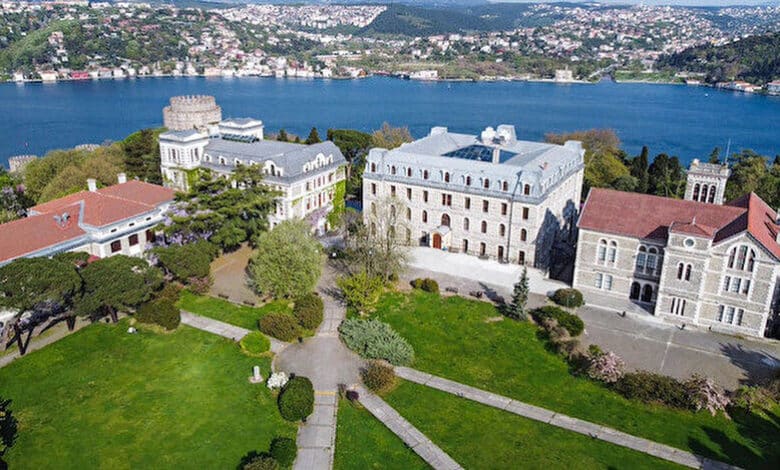Tag: تكاليف الدراسة في تركيا

Advantages of Studying in Turkey for Egyptians | A Comprehensive Guide
Turkey has become a popular and preferred destination for international students, including Egyptian students who…
Read More
Discover the Best Engineering Disciplines to Study in Turkey
Turkey has more than 200 public and private universities, offering a wide variety of Engineering…
Read More
Know about the cost of a master degree in Turkey
The cost of a master's degree in Turkey is a significant consideration for students who…
Read More
3 Factors That Determine the Cost of Studying in Turkey
Turkey is among the most popular countries for international students who wish to study abroad,…
Read More
7 Advantages of Studying Engineering in Turkey
Studying engineering in Turkey offers several advantages for international students, particularly in engineering. Turkish universities…
Read More
9 of the Top Public Universities in Turkey
Studying in Turkey is the most preferred choice for international students from all countries and…
Read More
5 Reasons to Study in Turkey
If you're interested in pursuing your higher education abroad, especially in Turkey, you're in the…
Read More



